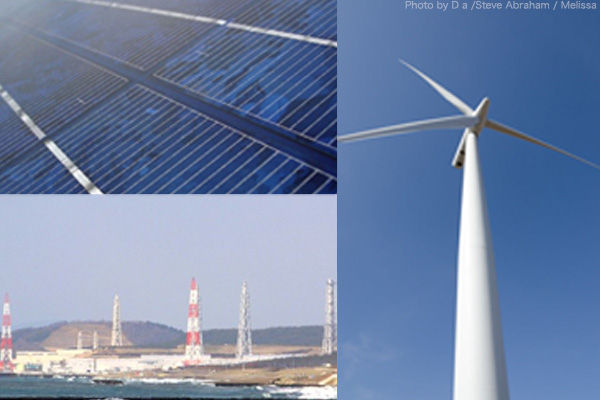On September 14, two major oil facilities in eastern Saudi Arabia burst into flames on drone and cruise missile attacks, halving the oil kingdom’s crude oil production in a manner to rattle the global energy market. Several days later, the Saudi government announced that oil production would be recovered by the end of September before the affected facilities are restored by the end of November, leading crude oil prices to regain stability after shooting up. As the terrorist attacks hit the heart of Saudi Arabia as the world’s most important oil supply-demand adjuster, however, the reliability of the adjuster has been shaken.
A Middle East war would damage Asian economies
While Yemen’s pro-Iran Houthi rebels have claimed responsibility for the latest attacks, the United States has criticized Iran for its alleged part in the attacks that have used sophisticated Iran-made weapons and been probably launched from Iran or Iraq. U.S. President Donald Trump, bracing for next year’s U.S. presidential election, is willing to avoid any war, concerned that U.S. military actions would bring about U.S. military casualties and economic deterioration through crude oil price hikes.
The Iranian government of President Hassan Rouhani also hopes to avoid any armed clash that could further deteriorate the domestic economy, while anti-American Iranian hardliners expand their influence amid their sharp reaction against U.S. economic sanctions.
On September 20, the U.S. announced a troop increase in Saudi Arabia and additional sanctions on Iran in retaliation for the attacks. As the U.S. and Iran are unable to find a compromise exit strategy, the tensions continue.Attacks on oil facilities in Saudi Arabia and the United Arab Emirates and obstructing navigation of tankers in the Strait of Hormuz are growingly expected to be repeated.
The international oil market now has greater invulnerability to supply disruptions than during the past oil crises as U.S. oil production has rapidly increased on the shale revolution over the past decade. However, about 80% of crude oil imports into Japan, China, South Korea, India and other Asian countries pass through the Strait of Hormuz. So do about 35% of liquefied natural gas imports into these countries. If an accidental incident escalates into a full-blown armed clash involving Persian Gulf oil producing countries, oil and LNG supply disruptions and price hikes may seriously affect the global economy especially Asian economies.
Pursue a coexistence of nuclear and renewable energy
As Japan promoted LNG, nuclear energy, coal and renewable energy in the wake of the oil crises in the 1970s, oil’s share of Japan’s energy supply in 2017 declined to 39%. However, Japan still depends on the Middle East for 87% of its oil imports. As the restart of nuclear power plants was substantially delayed, Japan’s energy self-sufficiency rate in 2017 stood only at 9.6%, the lowest among developed countries, even amid growing geopolitical risks in the Middle East.
At a time when climate change risks grow globally, Japan should overcome a dichotomy between the breakaway from and promotion of nuclear power plants and pursue a low-carbon society where nuclear energy harmoniously coexists with renewable energy to improve energy security and promote global warming countermeasures.
Tsutomu Toichi is Senior Adviser for Research at the Institute of Energy Economics, Japan.


